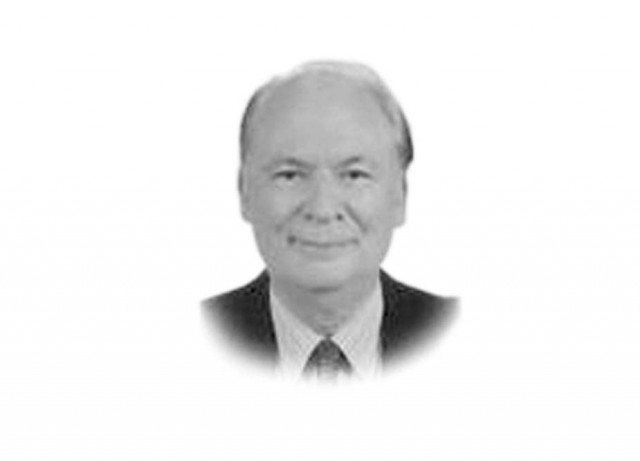For Urdu …press 1
Though I am equally at home in both languages, I invariably press the button for English, whether 1 or 2.

For Urdu …press 1

There are, of course, notable exceptions to the finger-pressing exercise. In some organisations, such as the three five-star hospitals, the four five-star hotels, the three gentlemen’s clubs and certain banks and newspapers, English has been kicked upstairs as if it was the Senate. And you are asked to press 1. It doesn’t always stop there because, if you are lucky and don’t get an engaged signal and don’t have to listen to a lot of sales crap about how good they are and how many products that they have to offer, you still have to press three or four more buttons before finally getting through. Though I am equally at home in both languages, I invariably press the button for English, whether 1 or 2. This is because the operator often has a problem understanding my Urdu which somebody once described as the lingo used by the Rampur taxi driver. I don’t know if this was meant as a compliment or was just an observation. What I do know is that I still speak the Urdu I learned as a child in Bhopal from our neighbour who was a settler from Allahabad. I still refer to a door as a darwaza and not as a gate and a gate as a phatak and not as a gate. Sugar will always be shakkar and not chini. And a chapatti will remain a phulka.
All this reminds me of the remark allegedly made by another citizen of Allahabad, albeit a more illustrious one, who had a tryst with destiny. One morning shortly after the Partition, Pandit Jawaharlal Nehru came to Delhi airport, to see off the two sons of his friend Sir Ross Masood, who were flying to Karachi. Addressing the young men he said, “Pakistan to ja rahai ho, magar Urdu mut bhoolna”. (You are traveling to Pakistan, but don’t forget Urdu). Nehru was bilingual and apparently couldn’t converse in Hindi. I wonder what his reaction would have been had he known that one day the stars of the Bombay Talkies would be speaking a new hybrid of the Indo-Aryan group of languages known as Hindlish. Your guess will be as good as mine.
Published in The Express Tribune, June 29th, 2014.
Like Opinion & Editorial on Facebook, follow @ETOpEd on Twitter to receive all updates on all our daily pieces.















COMMENTS
Comments are moderated and generally will be posted if they are on-topic and not abusive.
For more information, please see our Comments FAQ